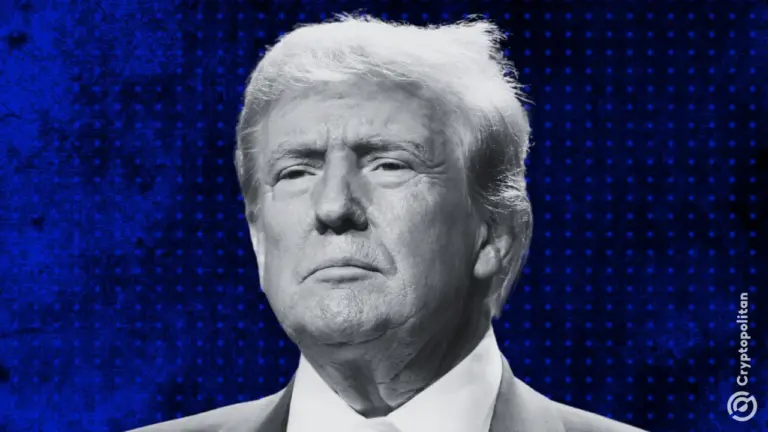Senators Lummis and Scott Propose Key U.S. Crypto Bill
- Introduction of a regulatory framework for crypto assets in the U.S.
- Positive outlook for U.S. crypto exchanges.
- Potential reduction of SEC’s jurisdiction on crypto matters.
Senators Cynthia Lummis (R-WY) and Tim Scott (R-SC) have introduced a pivotal new cryptocurrency regulation bill in the United States Senate.
The legislation’s introduction marks a significant step for U.S. digital asset regulation amid global competition. Market stakeholders are watching potential shifts in compliance and operational strategies.
Senate Highlights
Senator Cynthia Lummis, a long-standing crypto advocate, and Senator Tim Scott have jointly introduced a regulatory bill targeting the growing digital asset sector. They aim to establish clear legal standards in the United States. Co-sponsors included Senators Thom Tillis and Bill Hagerty. The proposal seeks to clarify asset classifications and establish jurisdictional lines between the CFTC and SEC, potentially reducing the SEC’s involvement in certain areas. This follows models like Europe’s MiCA legislation.
Impact on Cryptocurrency
The proposed bill is expected to have a direct impact on major digital assets like Bitcoin, anticipating improved regulatory clarity to foster industry growth. With its introduction, there could be a reduction in regulatory uncertainty that presently hinders investment and innovation within the U.S. crypto space.
Key assets like Bitcoin and Ethereum could benefit from the legislation’s emphasis on legal clarity, potentially spurring further adoption and market stability. If passed, the bill could reshape investment perspectives for U.S.-based blockchain projects and exchanges.
Potential Outcomes
Potential outcomes include increased investment in U.S. crypto firms and better-defined regulations for the burgeoning industry, akin to successful frameworks in the EU and Singapore. The bill attempts to position the U.S. competitively in the global digital finance landscape, potentially diversifying financial opportunities in blockchain technologies.
Since taking over as Chairman, I’ve led a new approach to digital assets regulation. These principles will serve as an important baseline for negotiations on this bill, and I’m hopeful my colleagues will put politics aside and provide long-overdue clarity for digital asset regulation. — Tim Scott, Chairman, Senate Banking Committee
Disclaimer: The content of this article solely reflects the author's opinion and does not represent the platform in any capacity. This article is not intended to serve as a reference for making investment decisions.
You may also like
ECB says no need for more rate cuts now as inflation hits 2% target
Share link:In this post: The ECB has paused rate cuts after inflation hit the 2% target. Olli Rehn said there’s no need for more cuts unless new risks appear. Joachim Nagel believes policy should stay unchanged unless conditions shift.
Databricks buys Sequoia’s Tecton in push to dominate enterprise AI tools
Share link:In this post: Databricks is acquiring Tecton to boost its real-time AI agent tools. Tecton was last valued at $900M and has around 90 employees. The deal follows Databricks’ $100B valuation term sheet signed this week.

Vitalik Buterin’s FOCIL proposal reignites censorship debate among Ethereum leaders
Share link:In this post: Vitalik Buterin argues FOCIL will make Ethereum more neutral and censorship-resistant. However, Reflexer Labs warns that FOCIL could be a big problem for Ethereum as the current system is still working. Debate on censorship resistance continues with crypto attorney Gabriel Shapiro saying FOCIL might be worth the risk.

Trump’s $9B investment won’t fix Intel’s real problem
Share link:In this post: The U.S. government, under Trump, will invest $8.9 billion for a 9.9% stake in Intel, aiming to boost domestic chip production and make the government Intel’s largest shareholder. Despite the funding, analysts warn Intel’s contract chipmaking (14A and 18A processes) won’t be viable without major external clients and improved manufacturing yields. The deal, which includes discounted shares and no board seat, reflects a rare federal intervention in corporate ownership.

